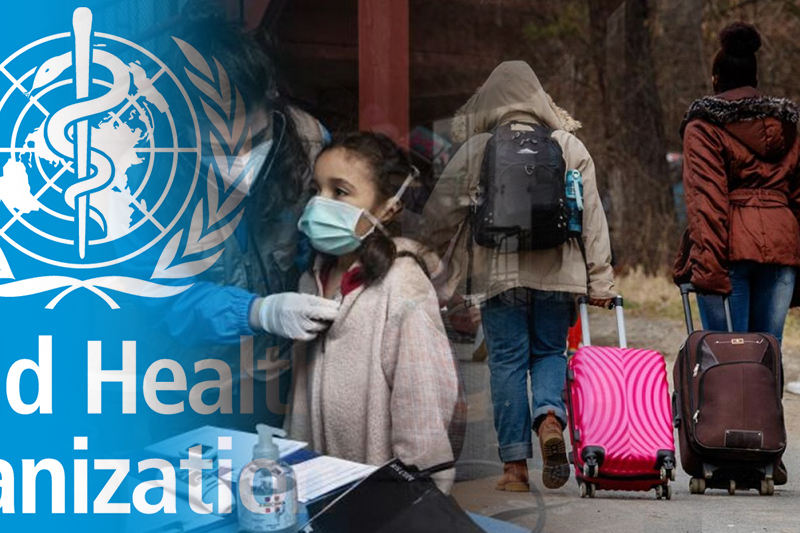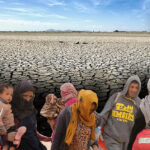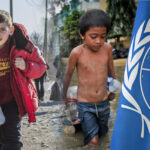
who calls
The World Health Organization (WHO) has called for providing urgent healthcare coverage for migrants and refugees in its first ever report on their health that was published this Wednesday. In the report WHO has warned that poorer health conditions faced by migrants and refugees as compared to their host communities makes it difficult for them to achieve their SDGs (Sustainable Development Goals).
“Whether by choice or by force, to be on the move is to be human and is part of human life. Whatever a person’s motivation, circumstance, origin or migratory status, we must unequivocally reiterate that health is a human right for all, and that universal health coverage must be inclusive of refugees and migrants,” said Tedros Adhanom Ghebreyesus, the WHO Director General, in the forward to the report.
Related Posts
Challenging times for global migrants and refugees
According to United Nations’ official data, there are about 1 billion migrants in the world, which means one in every 8 people is a migrant. Currently the plethora of crises around the world have resulted in a massive surge in this number – climate change, disease, famine and war are the driving factors. The Ukraine war has led to massive displacement of more than 100 million people, the first such instance in history.
Coronavirus pandemic has further impacted health and livelihoods of refugees and migrants across the world.
Poor health due to dirty and dangerous jobs
The poor health outcomes of migrants and refugees are an impact of education, housing and income. Furthermore, a big part of world’s 169 million population of migrants is employed in dirty, dangerous and very labor intensive jobs, further wrecking havoc on their health.
Though policies are present to address these issues, lack of their meaningful and effective implementation causes disparities in the healthcare of migrants and refugees. “Health does not begin or end at a country’s border. Migratory status should therefore not be a discriminatory factor but a policy driver on which to build and strengthen healthcare and social and financial protection. We must reorient existing health systems into integrated and inclusive health services for refugees and migrants, in line with the principles of primary healthcare and universal health coverage,” said Dr Santino Severoni, Director of WHO’s Health and Migration Programme.















